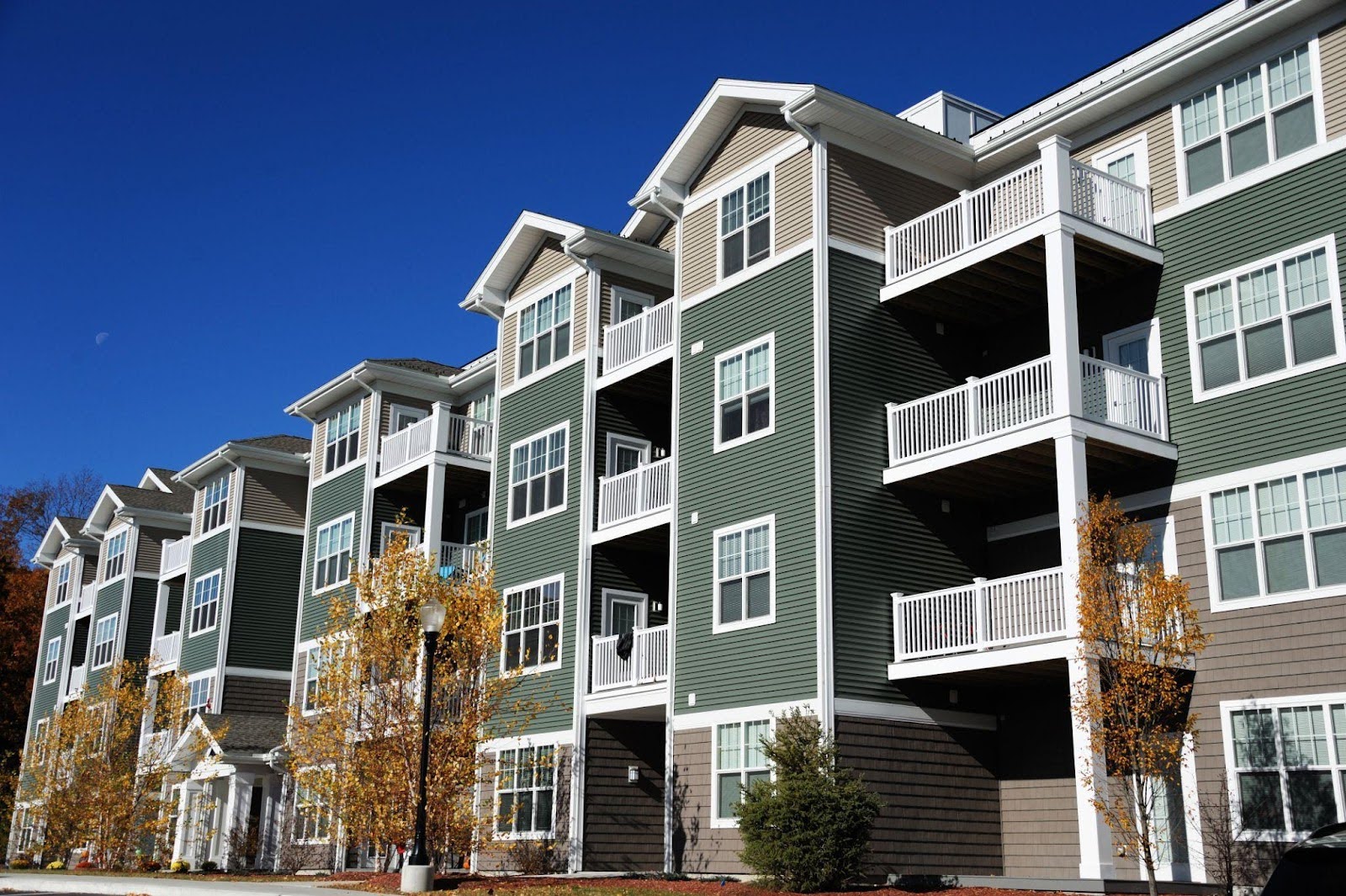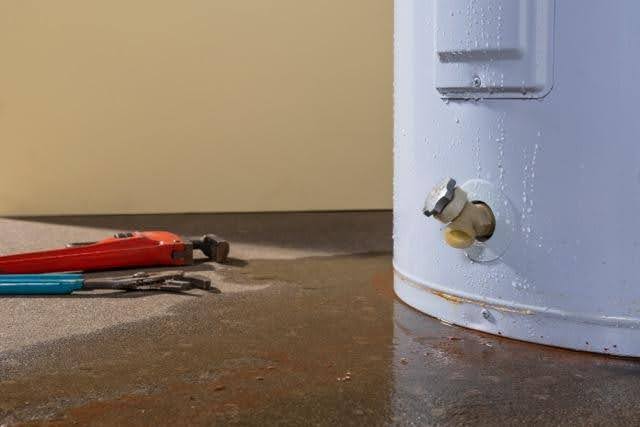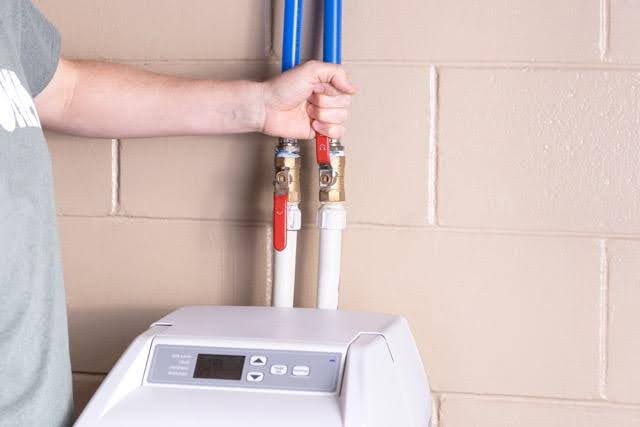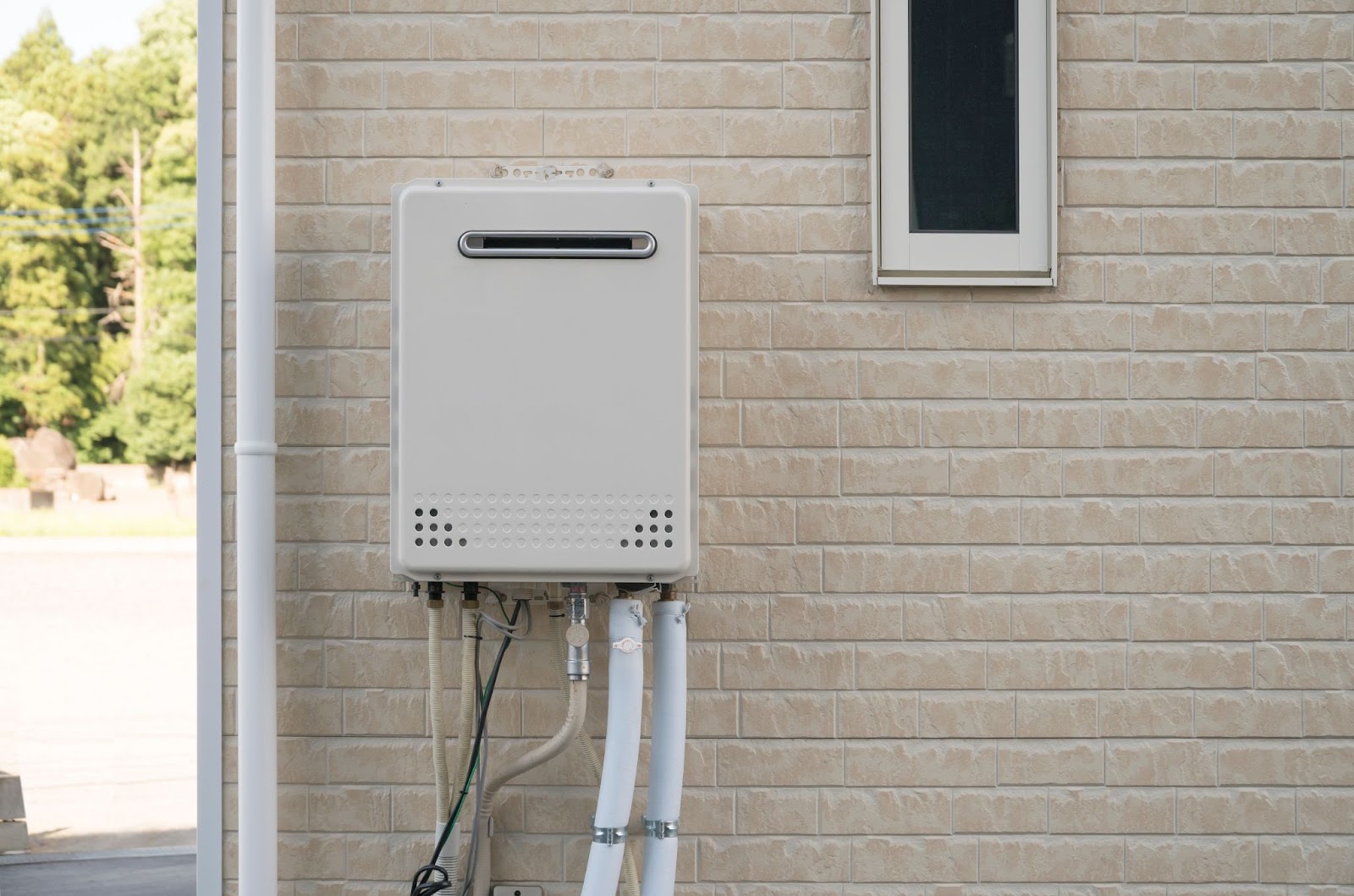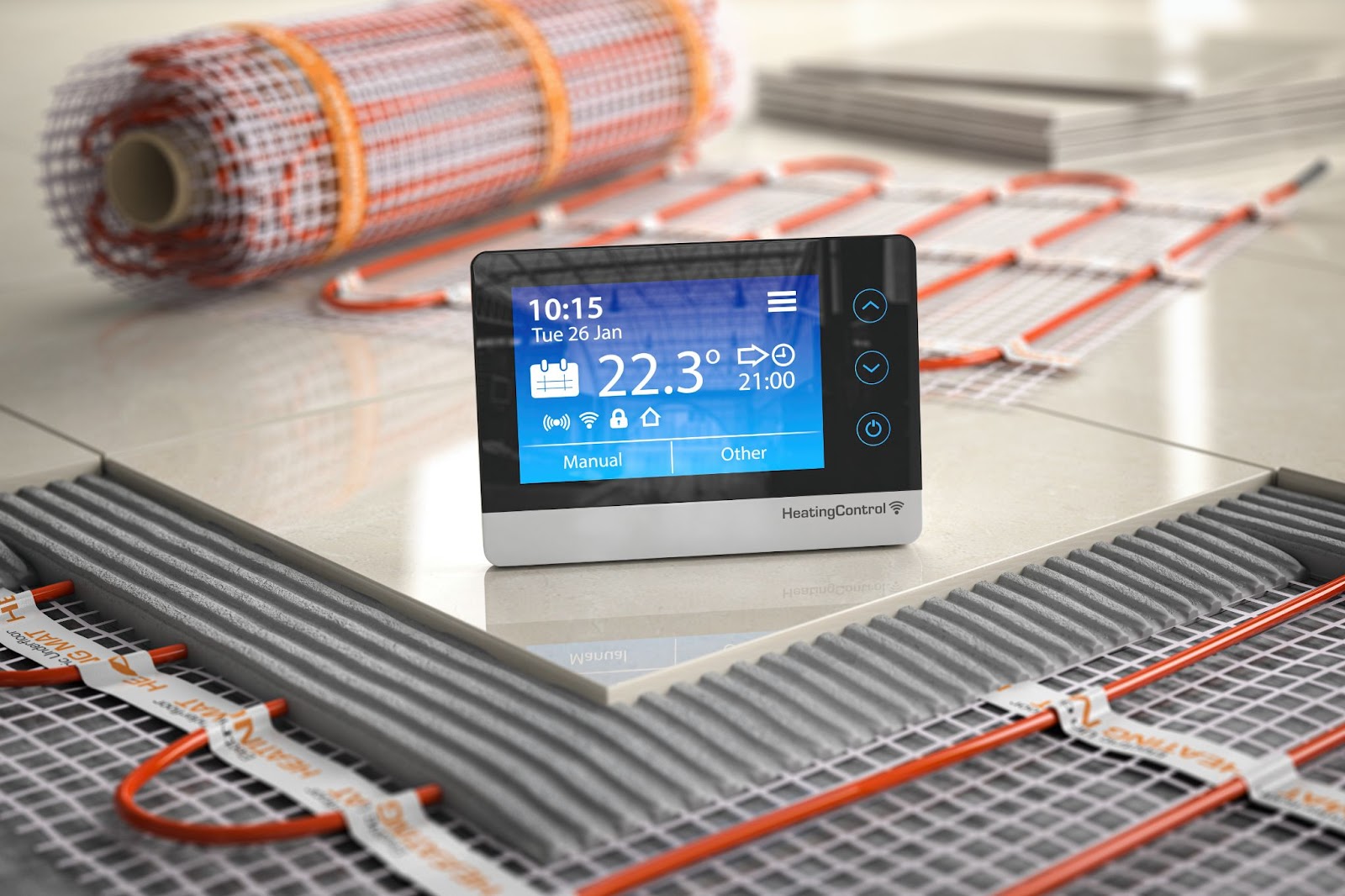Few systems are as essential as plumbing when it comes to managing a large apartment complex. From delivering clean water to every unit to safely removing wastewater, a well-maintained apartment plumbing system is the backbone of residents’ day-to-day comfort.
However, with dozens or even hundreds of people relying on the same infrastructure, small issues can quickly spiral into costly emergencies if not properly managed. That’s why preventive plumbing maintenance is important after apartment plumbing installation to protect your property, preserve your investment, and keep tenants happy.
In this ultimate guide, we’ll discuss the most common plumbing issues in large complexes, key maintenance practices, and smart coordination strategies that help everything flow smoothly — literally and figuratively.
This guide will give you the tools to prevent plumbing problems before they start, whether you’re a property manager, maintenance lead, or building owner.
Understanding the scope of plumbing systems in large complexes
Apartment complex plumbing systems are significantly more intricate than those in single-family homes. Apartment plumbing installation must support the water needs of dozens — or even hundreds of residents at once while maintaining consistent pressure, drainage, and reliability.
These systems include a combination of main supply lines, vertical risers, branch lines, and drainage stacks, all of which must be carefully coordinated to ensure water is delivered and removed efficiently throughout the building.
Water is typically delivered to each unit through a network of interconnected pipes, and drainage systems must be engineered to handle simultaneous use from multiple apartments. Shared features like water heaters, boilers, and sewer mains add another layer of complexity.
Additionally, apartment plumbing infrastructure must account for the height and layout of the building, often requiring pressure-regulating valves, backflow preventers, and sometimes booster pumps to ensure every floor receives adequate flow.
Because these systems serve so many people and appliances, even a small issue — like a slow drain or a minor leak — can impact multiple units.
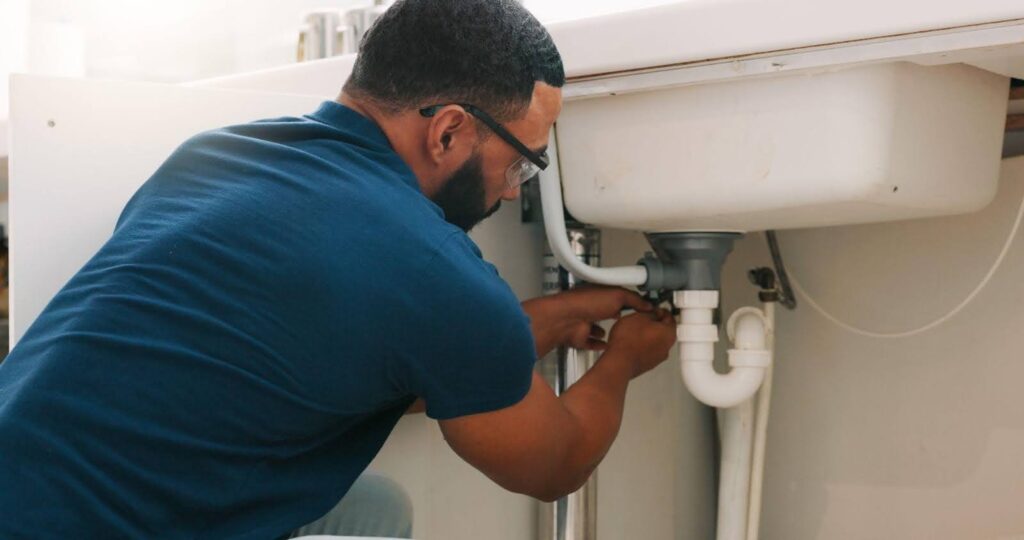
Common plumbing issues in apartment complexes
Here are some of the most common issues property managers and maintenance teams encounter when managing apartment complex plumbing:
Clogged drains and toilets
Shared drain lines are more susceptible to clogs from improper disposal of grease, food scraps, hair, wipes, and other debris. A blockage in one unit can easily impact others, leading to slow drains or backups elsewhere in the building.
Inconsistent water pressure
Uneven water pressure — especially on upper floors — is a frequent complaint in multi-story buildings. It results from aging pipes, faulty valves, pressure imbalances, or excessive demand during peak hours.
Leaks and burst pipes
Leaks may occur behind walls, under floors, or in ceilings, often going unnoticed until damage becomes significant. In winter, uninsulated or exposed pipes are also at risk of freezing and bursting, causing major water damage.
Sewer backups
Blockages in the main sewer line may cause sewage to back up into units, especially on lower floors. This poses serious health risks and usually requires immediate professional intervention.
Hot water supply issues
When water heaters or boilers serve multiple units, a system failure or poor maintenance can lead to hot water shortages building-wide. Sediment buildup and aging equipment often contribute to these problems.
Addressing these issues promptly — and preventing them through regular maintenance — keeps residents safe, comfortable, and satisfied in large apartment complexes.
Key maintenance practices for apartment complex plumbing systems
Maintaining plumbing systems in large apartment complexes requires a structured, proactive approach. These properties experience constant use, so staying ahead of wear and tear is essential.
Here are the most important maintenance practices to follow:
Routine inspections
Regularly scheduled plumbing inspections help identify minor issues before they become major repairs. Property managers should have licensed professionals check high-risk areas such as water heaters, pressure valves, risers, and drainage stacks. Inspections should also include fixture checks inside units and common areas.
Drain cleaning and clog prevention
Preventive drain cleaning helps avoid severe backups caused by hair, grease, and other debris. Using professional-grade equipment (like augers or hydro-jetting tools) keeps shared lines clear. Maintenance teams should also educate tenants about what should and shouldn’t go down drains to reduce avoidable clogs.
Water heater and boiler maintenance
In complexes with centralized hot water systems, flushing tanks, checking pressure relief valves, and inspecting burner or heating elements should be part of a routine maintenance schedule. These steps prevent sediment buildup, improve energy efficiency, and ensure tenants have a steady supply of hot water.
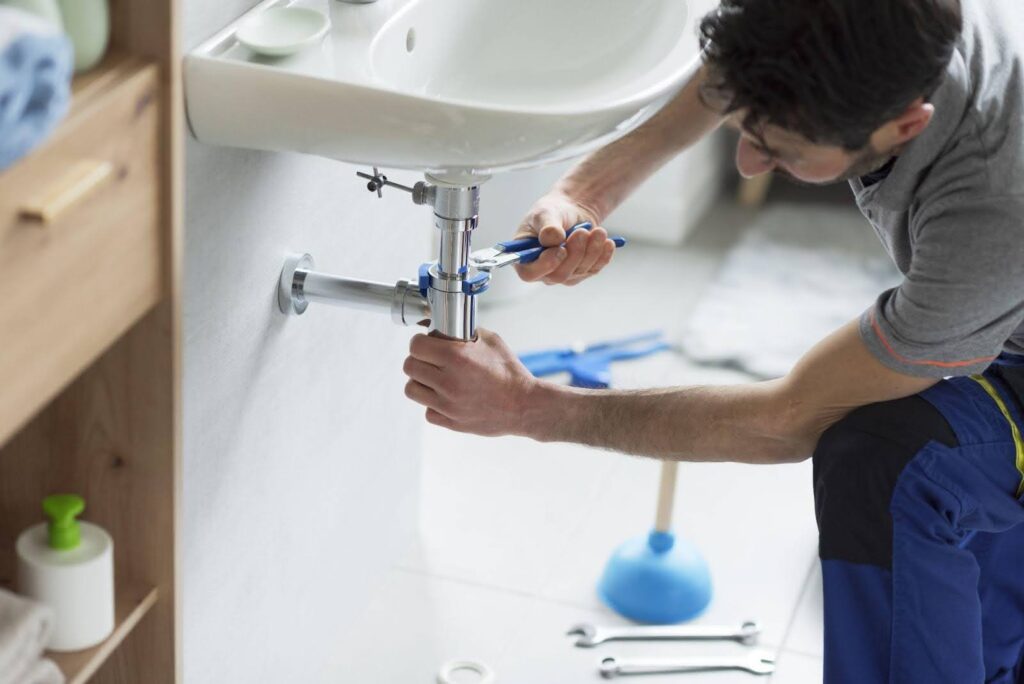
Leak detection and pipe monitoring
Plumbers should routinely inspect for signs of hidden leaks, such as damp spots, mold, or unexpected water usage. Installing smart leak detectors in utility areas or under key fixtures can alert staff to issues in real time. Even a small, unchecked leak can lead to extensive water damage.
Pressure regulation
Fluctuating or excessive water pressure will strain fixtures and pipes. Regular checks on pressure-reducing valves and booster systems (especially in multi-story buildings) help maintain consistent, safe water flow throughout the property.
Backflow testing and valve checks
Backflow preventers protect drinking water from contamination. In many municipalities, annual backflow testing is required. Apartment complexes should also check shutoff and isolation valves to ensure they function properly in case of a plumbing emergency.
By consistently following these key maintenance practices, apartment property managers can ensure a reliable plumbing system, reduce emergency repair costs, and keep residents comfortable and safe.
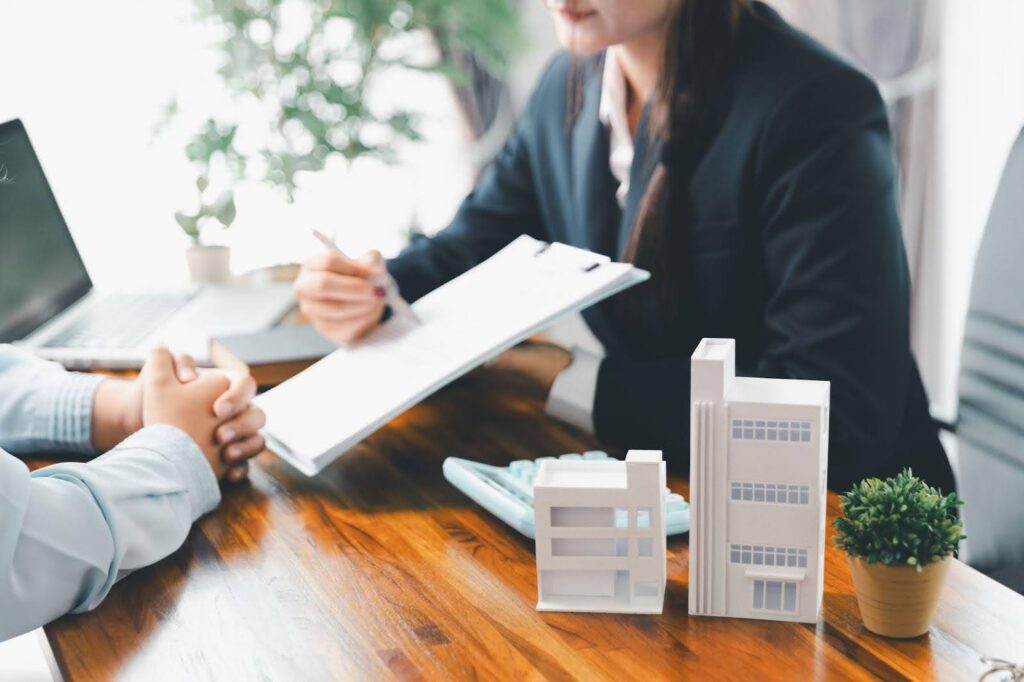
Coordinating with property management and tenants
Successful plumbing maintenance in large apartment complexes requires clear coordination between the maintenance team, property management, and tenants. Without proper communication and scheduling, even routine service may lead to confusion, complaints, or access issues that delay needed work.
First, property managers should establish a regular maintenance schedule and communicate it clearly to residents. Posting notices in common areas, sending emails, or using a resident portal helps keep everyone informed of upcoming inspections, repairs, or water shutoffs.
Giving at least 24 to 48 hours’ notice allows tenants to plan around the work and avoids unnecessary disruptions.
It is also important to set expectations with tenants about their role in maintaining plumbing health. Property managers can distribute basic guidelines — such as what not to flush or pour down drains — and encourage residents to report leaks or issues promptly.
Internally, managers should keep detailed maintenance logs, track service visits, and ensure maintenance staff or plumbing contractors have the necessary unit access. Establishing a clear response protocol for emergencies and standard maintenance ensures faster turnaround times and better overall service.
When everyone is informed and on the same page, plumbing maintenance becomes less of a headache and more of a seamless part of responsible property management.
Trust Salisbury Plumbing for your apartment complex plumbing needs
Managing the plumbing system in a large apartment complex takes expertise, consistency, and the right professional support — and that’s exactly what Salisbury Plumbing delivers.
Whether you’re planning a new apartment plumbing installation, need reliable ongoing maintenance, or are facing urgent repairs, our experienced team is here to help.
We understand the unique demands of multi-unit buildings and provide fast, thorough service that keeps your plumbing running efficiently and your tenants satisfied.
Don’t wait for small issues to become big problems — contact Salisbury Plumbing today to schedule a consultation or set up a customized maintenance plan that fits your property’s needs.
Call us at 385.442.5687, or fill out the form on our website to get started.


